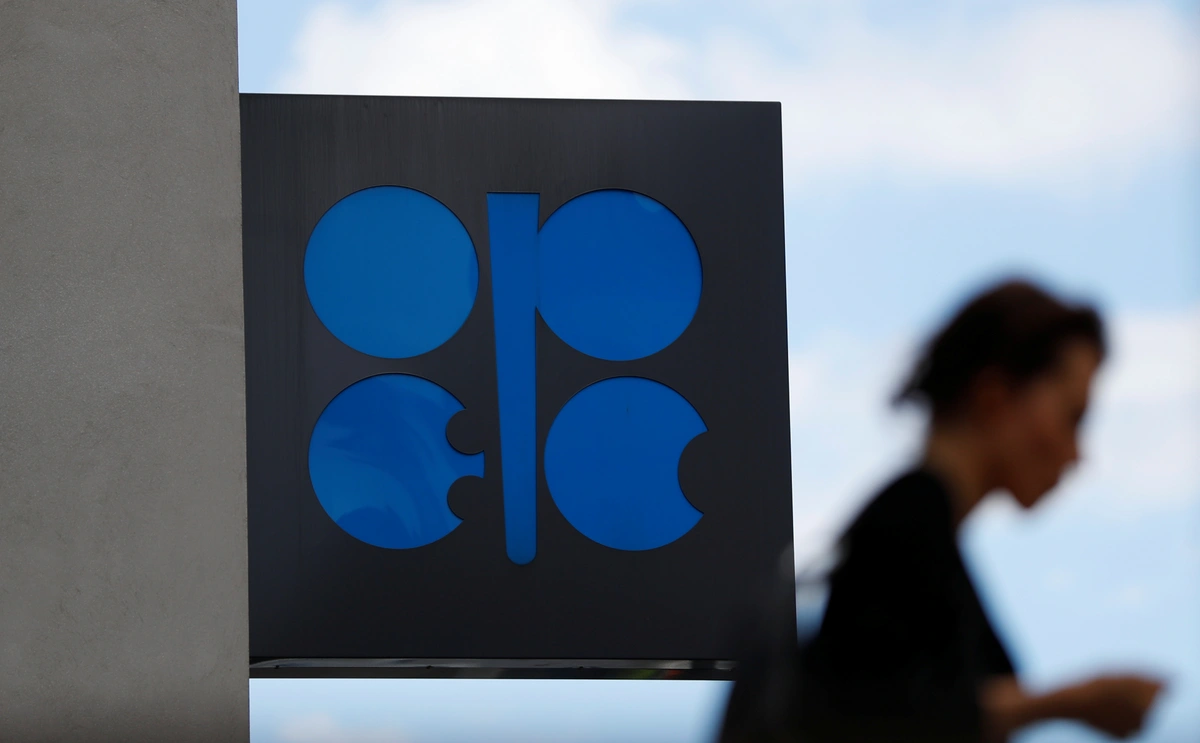OPEC+ will need to boost output to meet 2022 demand recovery
- 14 June, 2021
- 09:08

The world will need a lot more oil from OPEC+ as global demand is on track to return to pre-pandemic levels at the end of next year, the International Energy Agency said on Friday, Report informs, citing Reuters.
"OPEC+ needs to open the taps to keep the world oil markets adequately supplied," the Paris-based energy watchdog said, adding that rising demand and countries' short-term policies were at odds with the IEA's call to end new oil, gas, and coal funding in a stark report issued last month.
"In 2022, there is scope for the 24-member OPEC+ group, led by Saudi Arabia and Russia, to ramp up crude supply by 1.4 million barrels per day (bpd) above its July 2021-March 2022 target," it said in its monthly oil report.
Oil prices were trading near a two-year high of nearly $73 a barrel on Friday and were on track for a third week of gains, buoyed by optimism about demand recovery.
OPEC+ agreed in April to gradually ease oil output cuts from May to July and confirmed the decision at a meeting on June 1.
Meeting the restored demand is "unlikely to be a problem," the IEA said, forecasting that OPEC+ will still have 6.9 million bpd of effective spare capacity after July and that Iran's talks with world powers could free its oil supply from U.S. sanctions.
"If sanctions on Iran are lifted, an additional 1.4 million bpd could be brought to market in relatively short order."
The IEA shocked the energy industry with its "Net Zero by 2050" report on May 18, saying investors should not fund new fossil fuel projects if the world wants to reach goals on reining in emissions causing rising temperatures by mid-century.
"This roadmap notes that most pledges by countries are not yet underpinned by near‐term policies and measures," the IEA said on Friday.
"Oil demand looks set to continue to rise, underlining the enormous effort required to get on track to reach stated ambitions."
As noted earlier, sales of new passenger cars with internal combustion engines must cease to reach net zero by 2035, and the global electricity sector must reach zero emissions by 2040.
